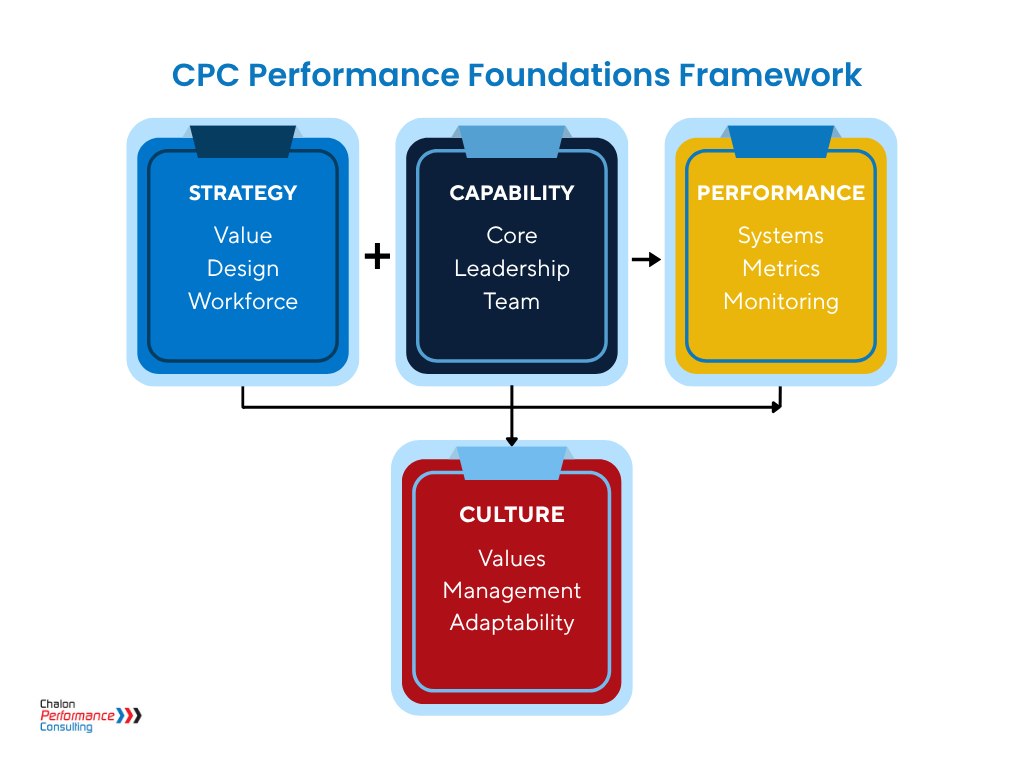How Analytics help Winning Teams
According to MIT Sloan senior lecturer Ben Shields, “as a side effect of that rapid change, there’s now a “deluge of data” created about how employees collaborate and get things done.” Organisations adopted digital platforms and tools to help their employee groups in the transition to remote work. Shields and his team’s case study in sports teams focused on how analytics help winning teams. In his research, “Data-Driven Teams: The Art and Science of Winning”, they examined the formation, management, and long-term sustainability of high-performing teams.
Here’s an overview of the four interconnected factors of successful teams and how you can use them in your organisation:
Talent
In the corporate world, you can direct your attention to the crucial indicators if your performance measurement is precise. It is beneficial to know which metrics are most crucial in at least two ways. First, data can be used to assess a team’s ability (do they have the necessary skills and talents to provide the required results?). Additionally, using metrics to define benchmarks and goals for employees to work towards can help organisations build talent.
System
Use data to create a strategy and establish collaborative critical performance indicators while establishing a successful system. Achieve alignment between your KPIs at the individual and team levels. Everyone who participated should gain from the team’s success. For instance, in business, your target might be to boost income by 10%. Sales conversions, a specific retention rate, or a new client acquisition rate are just a few examples of KPIs that could enable that business team be successful.
Culture
In basketball, there are important statistics such as blocks and shots. Organisations can take similar action. Shields advised taking into account the values that are important to your business and finding techniques to gauge actions that reflect those values. He strongly believes that those analytics turn it into something more concrete and measurable than just words written on a wall in a meeting room.
Leadership
In sports, successful leaders should have a keen understanding of the “art of leading people” and can interpret performance statistics. Talent, system, and culture are useless without great leadership. It would be great to have leaders who understand data that tells them about the success of their team, but they also need emotional intelligence that goes beyond the numbers and statistics, such as the ability to inspire a team and resolve disputes. Shields added, “It’s also incumbent upon the leader to use intuition on which levers to pull at the appropriate time.”
Data-driven firms were three times more likely to realise significant gains in their decision-making capabilities, according to a PwC poll of 1,000 corporate executives. You won’t merely rely on intuition or educated guesses when your decisions are supported by reliable evidence. Using patterns and trends, you can make important changes to increase your output and your bottom line. You can take preventive measures based on existing information.
You have the data, but need help with analysis and interpretation to achieve desired results? We can help. Let’s discuss.














